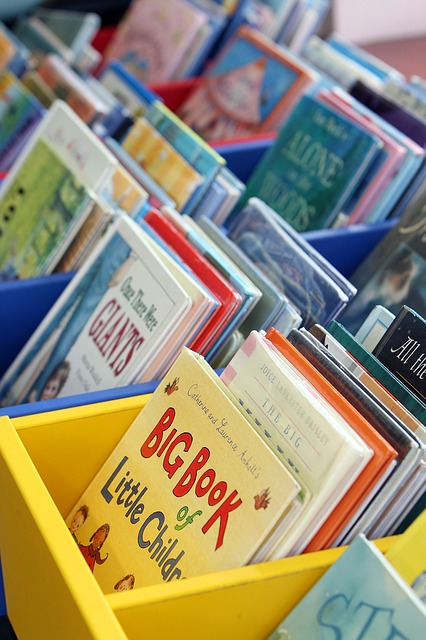
Thirty Million Words
Over the holiday break, I had a chance to read a book called Thirty Million Words: Building a Child’s Brain by Dr. Dana Suskind, a pediatric otolaryngologist specializing in hearing loss and cochlear implantation with the University of Chicago Medicine. She is also the founder and director of the Thirty Million Words project. In the book, Dr. Suskind shares her research findings and provides a framework for how parents can provide a language-rich environment in the birth-to-three years. I found this book to be very interesting and thought it would be helpful to share some of Dr. Suskind’s findings in a blog post. Firstly, why the name Thirty Million Words? Dr. Suskind discusses the relationship between the amount of language




